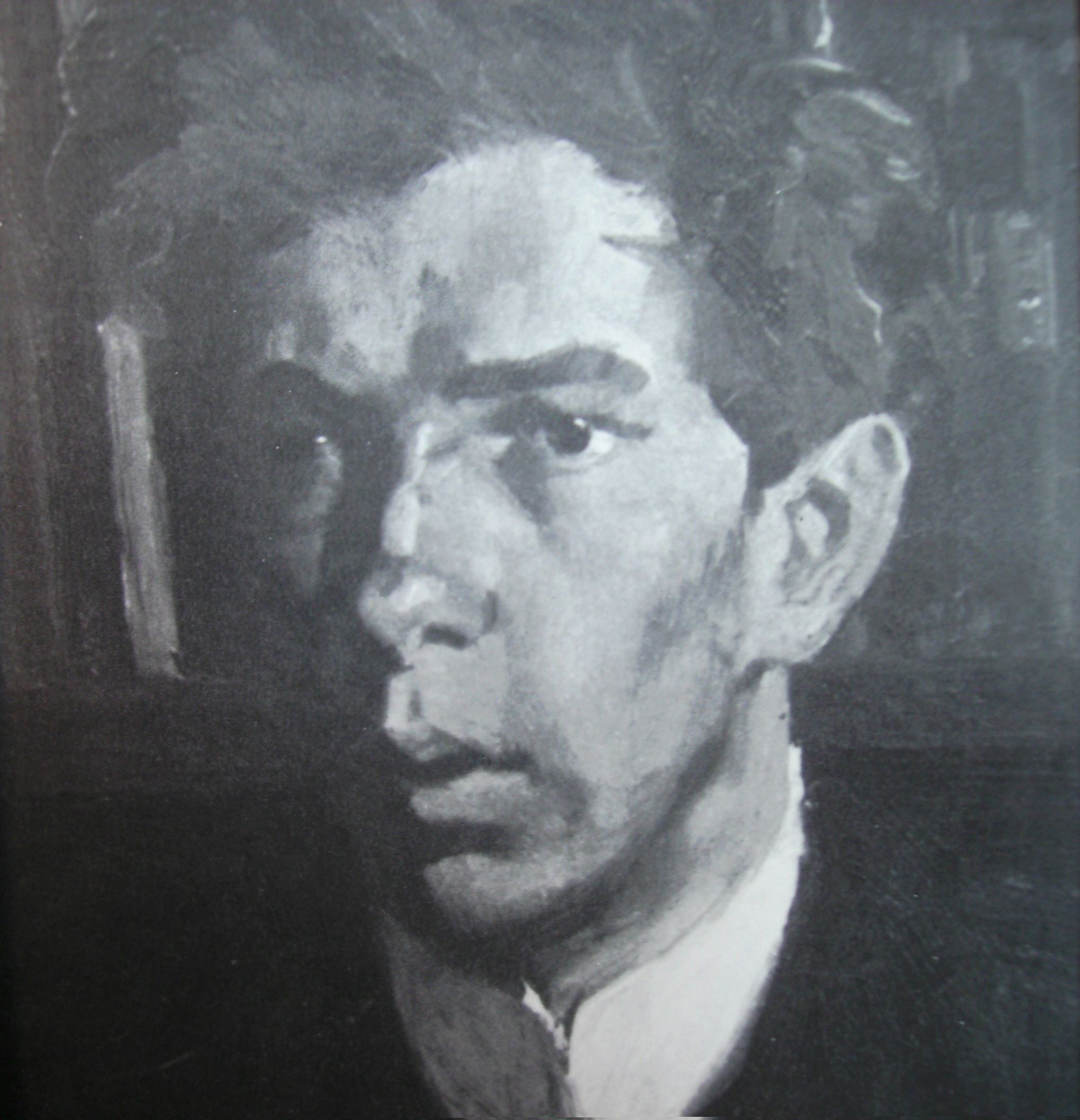- Theodor Heuss
Infobox_President | name=Theodor Heuss
nationality=German

order=5thPresident of Germany
1st President of the Federal Republic of Germany
term_start=13 September 1949
term_end=12 September 1959
predecessor=Position establishedKarl Dönitz (Third Reich )
Allied military occupation 1945-1949
successor=Heinrich Lübke
birth_date=birth date|1884|1|31|df=y
birth_place=Brackenheim, Germany
death_date=death date and age|1963|12|12|1884|1|31|df=y
death_place=Stuttgart , Germany
spouse="Elly" Heuss-Knapp (1881-1952)
party=Progressive People's Party (1910-1918)German Democratic Party (1918-1933)
Free Democratic Party (1948-1963)
religion=ProtestantTheodor Heuss (
31 January 1884 –12 December 1963 ) was a German politician. He was the first person elected to a regular term as President of the Federal Republic of Germany.Heuss was born in
Brackenheim , nearHeilbronn . He studiedart history andstate studies inMunich andBerlin . He received his doctorate in 1905 in Munich. In 1908 he marriedElly Heuss-Knapp (1881-1952), with whom he had a son. After his studies he worked as a political journalist and presided over the magazine "Die Hilfe " ("The Help") in Berlin, from 1905 until 1912. From 1912 to 1918 he was editor in chief of the "Neckarzeitung " (Neckar Newspaper) in Heilbronn. In Berlin, he worked as editor for the weekly newsletter "Deutsche Politik " ("German Politics"). In 1910 he joined the Progressive People's Party (Fortschrittliche Volkspartei), in which he was engaged until 1918. Between 1923 and 1926 he published the magazine "Die Deutsche Nation " ("The German Nation"). Heuss became a member of theGerman Democratic Party (Deutsche Demokratische Partei, DDP), the political heir of the Fortschrittliche Volkspartei, in 1918 and was a member of parliament in the Reichstag from 1924 to 1928 and from 1930 to 1933.In 1933, along with his fellow DDP parliamentarians, Heuss voted in favour of the Enabling Act (Ermächtigungsgesetz) against his personal attitude but subordinating to party discipline [ [http://www.stiftung-heuss-haus.de/html/drittes.html Information on the webpage of the German foundation 'Stiftung Bundespräsident-Theodor-Heuss-Haus' (Foundation Federal President Theodor Heuss House)] ] , granting
Adolf Hitler quasi-dictatorial powers. Following the end of his term in the Reichstag when Germany became aone-party state , he returned to private life. During theThird Reich he stayed in contact with a network of liberals, leading to contacts with theGerman resistance towards the end of the war, but he was not an active resister.After
World War II Heuss was the first Minister of Culture inBaden-Württemberg . In 1946 and 1947 he taughthistory at the Technische Hochschule (Technical College)Stuttgart . As co-founder of the Democratic People's Party (Demokratische Volkspartei), which is now theFree Democratic Party of Germany 's regional branch in the state ofBaden-Württemberg , he was a member of theWürttemberg-Baden state parliament from 1946 to 1949. In 1948, Heuss was named honorary professor (which is a superior title in Germany) at the Technische Hochschule Stuttgart. In December 1948, he was elected head of West German and Berlin sections of the newly foundedFree Democratic Party of Germany (Freie Demokratische Partei). He advocated uniting all the liberal parties in the Western occupation zones, overcoming the split between right liberals and left liberals that existed in the Weimar Republic. In 1948 he was a member of the Parliamentary Council (Parlamentarischer Rat ) with considerable influence on theGrundgesetz , the constitution of theFederal Republic of Germany .After being elected to the first German
Bundestag , he relinquished his parliamentary mandate in September 1949, when he was elected President by the Federal Assembly (Bundesversammlung) defeating the Social Democrat leaderKurt Schumacher . In 1954 he was re-elected with no opposition and held office until September 1959. He declined a third term in office, as this would have necessitated changing the constitution.Heuss shaped the office of president by his non-partisan governing. As a representative of the democratic-liberal and cultural traditions of Germany, he was a symbol of confidence in the German post-war republic in the international community. His
state visit s contributed greatly to the increase of appreciation toward the still young Federal Republic of Germany. He was opposed to re-armament and the founding of the new West German Army in 1955, but had no power to stop it. His ironic speech at the swearing in of the first new soldiers, "Nun siegt mal schön!" ("Now win, for a change!"), is well remembered.In 1959 Heuss was awarded the prestigious Peace Prize of the German Book Trade (
Friedenspreis des Deutschen Buchhandels ). In 1963, he died in Stuttgart. Since 1964, theTheodor-Heuss-Prize has been awarded for exemplary democratic disposition. Heuss's former residence is now open to the public as the Theodor-Heuss-Haus. His image appeared on one series of the two-markcoin . The Airbus which is used by the President of Germany is named in his honour.References
External links
*
* [http://www.dhm.de/lemo/html/biografien/HeussTheodor/ dhm.de] - Museum of German History de icon
* [http://www.stiftung-heuss-haus.de/ stiftung-heuss-haus.de] - Foundation "Theodor-Heuss-Haus" de icon
* [http://www.bundespraesident.de/-,11062/Theodor-Heuss.htm bundespraesident.de] Office of the President de icon en iconPersondata
NAME= Heuss, Theodor
ALTERNATIVE NAMES=
SHORT DESCRIPTION=President of the Federal Republic of Germany
DATE OF BIRTH=January 31 ,1884
PLACE OF BIRTH=Brackenheim, Germany
DATE OF DEATH=December 12 ,1963
PLACE OF DEATH=Stuttgart , Germany
Wikimedia Foundation. 2010.
